
Family Vacations & Your Mental Peace: Strategies for Stress-Free Summer Travel
Family Vacations & Your Mental Peace: Strategies for Stress-Free Summer Travel By: Rane Wallace, MS, LPC, LCDC, SAP Of course, traveling with your family is
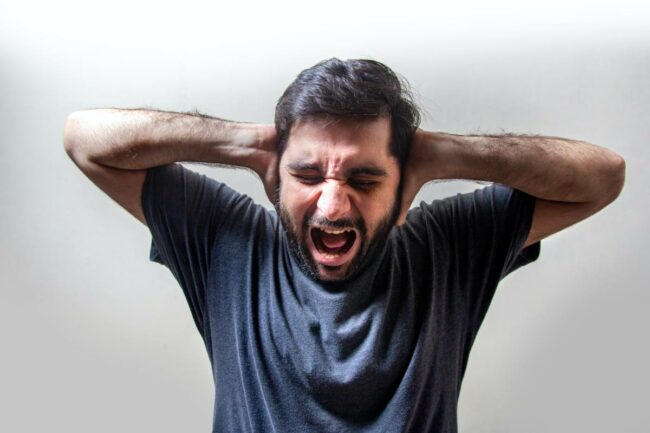
If you’ve experienced a panic attack, then you know how overwhelming, unpredictable, and scary it can feel. However, it is important to recognize that you’re not alone. Panic attacks are relatively common, and the NIH reported that about 13% of people experience at least one in their lifetime.
Knowing what to do during a panic attack can help decrease its severity and bring you peace of mind. Unfortunately, not many people know where to start. If you’re wondering how to stop a panic attack, then today’s blog post is for you.
As a Licensed Professional Counselor, I am revealing the top 9 strategies for stopping a panic attack in its tracks.
So, what is a panic attack? The Mayo Clinic defines it as a “sudden episode of intense fear that triggers severe physical reactions when there is no real danger or apparent cause.” Panic attacks usually come on suddenly, and they manifest in a wide range of symptoms:
As an experienced anxiety therapist, I can attest that a panic attack is an incredibly frightening experience. Many victims of panic attacks believe they are losing control, having a heart attack, or even dying. So, what should you do during a panic attack? Well, keep reading to find out.
A lot of people wonder whether it is possible to stop a panic attack while it’s happening. While everyone experiences an attack differently, some strategies can be used to minimize and/or stop the symptoms of a panic attack:
Sure, this might sound cliché, but it’s true. Acknowledging that you are experiencing a brief period of concentrated anxiety can help lessen the severity of your attack. Note that panic attacks will peak about 10 minutes from their onset, and then your symptoms will begin to subside.
Once again, this is only a cliché because it works. Panic attacks usually trigger a rapid heart rate that is accompanied by rapid, shallow breaths. Unfortunately, hurried breathing will only make your feelings of anxiety worse.
To combat a panic attack, try to concentrate on breathing slowly and deeply. Inhale deeply from your abdomen to steadily fill your lungs. Count to four, then mimic the entire process as you exhale.
Lavender is an essential oil known for bringing forth a sense of calm and relaxation. Because this smooth scent taps into your senses, it sometimes allows you to stay grounded during the attack. Additionally, it gives you something external to focus on.
Muscle tension is a common symptom of panic attacks and using muscle relaxation techniques can help lessen their severity. How does this work? Well, if the mind senses that the body is relaxing, it can prompt your other symptoms to diminish as well.
Progressive Muscle Relaxation is a popular coping method for anxiety attacks. Want to give it a try? Start by tensing and holding a muscle for 5 seconds, then verbally tell your body to ‘relax’ and release the muscle. Let your body relax for 10 seconds, then repeat the entire process on a different muscle. Feel free to undergo this practice for however long you need.
If possible, try to relocate yourself to a quiet, peaceful place. External stimuli can often escalate a panic attack, so leaving a busy room and/or leaning against a wall make it easier to focus on your breath and practice coping strategies.
For some people, repeating a mantra or saying a prayer bring them a sense of comfort and internal strength. This is particularly helpful during an anxiety attack because it offers something concrete to focus on. When choosing a mantra, remember that it can be something as simple as ‘this too shall pass.’ I recommend going with anything that will bring you peace in the present moment.
Not only will walking remove you from a stressful environment, but the rhythm of walking or light exercise can help to regulate your breath. (As you might have noticed, regulated breath is key to coming out of a panic attack.) Of course, exercise also releases endorphins, which help your body relax and elevate your mood.
Your happy place is wherever you feel most relaxed. When experiencing a panic attack, it might be helpful to close your eyes and imagine that place. Not only will this calm your mind, but it gives you something to focus on. As I mentioned, focusing on something concrete minimizes the external (and probably very overwhelming) stimuli.
Generally, panic attacks can make you feel detached from reality. To combat this, therapists recommend using the 5-4-3-2-1 technique to practice grounding and mindfulness. By directing your attention away from the source of stress, this technique shifts your focus onto the world around you.
To practice, complete these 5 steps slowly and thoroughly:
Wondering how to stop a panic attack? Hopefully, today’s blog post offered some helpful strategies. However, if you struggle with chronic anxiety or suffer frequent panic attacks, the best way to stop them is to seek the help of a licensed therapist.
Fort Wellness Counseling is home to one of the top-rated anxiety and depression therapists in the Fort Worth area. With over a decade of experience helping people overcome their anxiety, I am confident in my ability to help you.
Ready to put an end to your anxiety? Contact our team to schedule an appointment today.

Family Vacations & Your Mental Peace: Strategies for Stress-Free Summer Travel By: Rane Wallace, MS, LPC, LCDC, SAP Of course, traveling with your family is

Mental Health 101: Debunking Common Myths By: Rane Wallace, MS, LPC, LCDC, SAP Every May, Mental Health Awareness Month raises awareness and advocacy for people

Medical Trauma: Understanding and Healing from Difficult Healthcare Experiences By: Rane Wallace, MS, LPC, LCDC, SAP Over the years, I’ve come to understand that for

Social Media Depression: Beyond FOMO to Algorithm-Induced Mood Change By: Rane Wallace, MS, LPC, LCDC, SAP I’ve seen this happen so many times with patients,

How to Wind Down at Night: Simple Sleep Hygiene Tips By: Rane Wallace, MS, LPC, LCDC, SAP Sleep hygiene might sound like a fancy term,

Pregnancy and Postpartum Anxiety Treatment in Fort Worth By: Rane Wallace, MS, LPC, LCDC, SAP Have you or a loved one experienced anxiety during pregnancy

Breaking the ‘New Year, New Me’ Mindset: A Guide to Sustainable Change By: Rane Wallace, MS, LPC, LCDC, SAP In my years as a therapist,
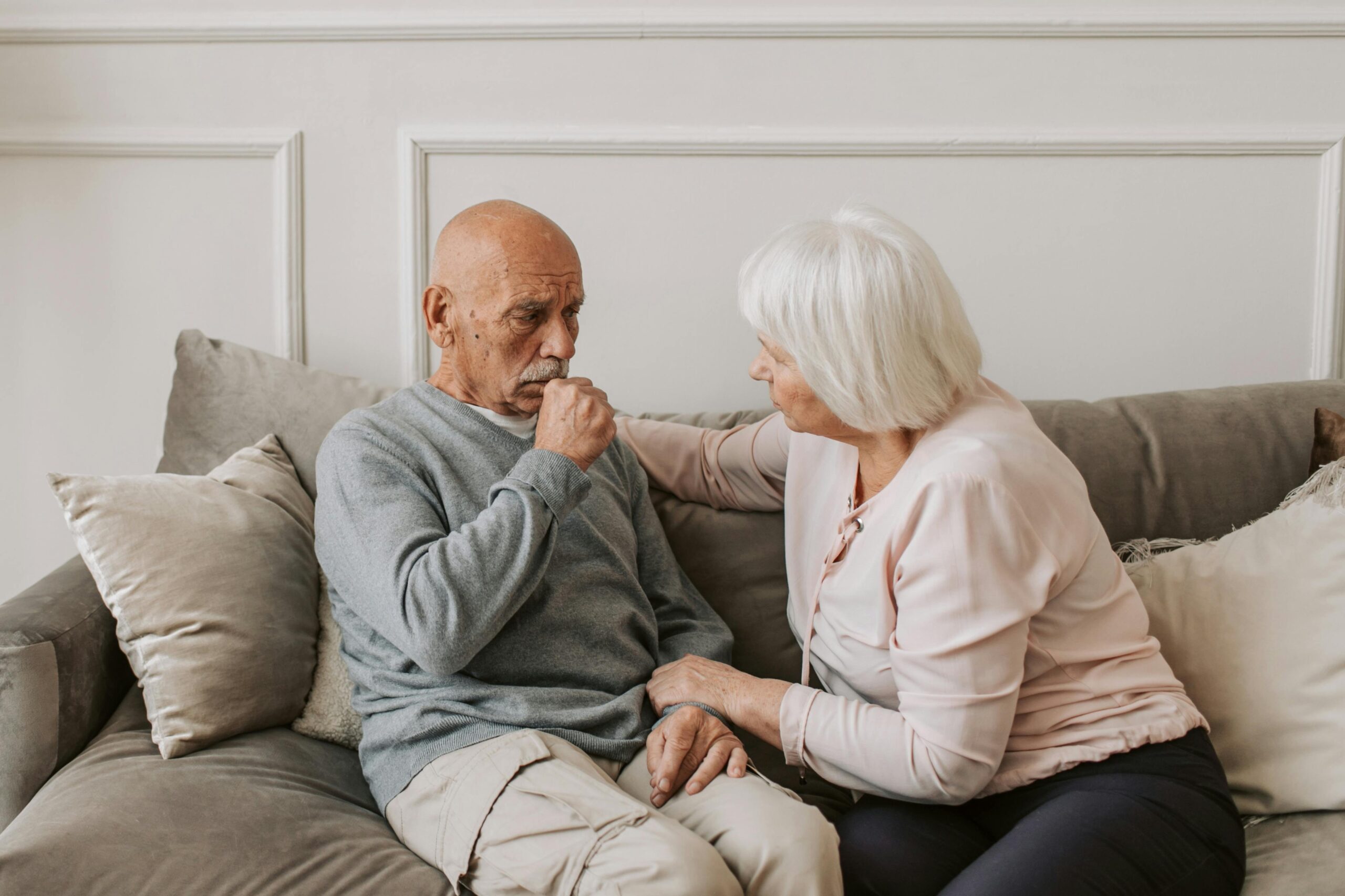
How to Support a Partner with Chronic Illness: A Mental Health Perspective By: Rane Wallace, MS, LPC, LCDC, SAP Living with a chronic illness can

EMDR for Attachment Issues: Building Healthy Relationships By: Rane Wallace, MS, LPC, LCDC, SAP When you hear “EMDR therapy” (Eye Movement Desensitization and Reprocessing), you

How to Deal with a Narcissistic Partner By: Rane Wallace, MS, LPC, LCDC, SAP Do you ever feel like your partner thinks they’re better than

How to Recover from Burnout By: Rane Wallace, MS, LPC, LCDC, SAP Burnout is a common struggle in today’s fast-paced world. Life’s relentless demands can

The Benefits of Attending Couples Counseling By: Rane Wallace, MS, LPC, LCDC, SAP There’s a misconception about couples counseling – that it signals the end

Things to Know About Individual Counseling in Fort Worth, TX By: Rane Wallace, MS, LPC, LCDC, SAP May is Mental Health Awareness Month, a good

Everything You Need to Know About EMDR Therapy By: Rane Wallace, MS, LPC, LCDC, SAP Have you heard about EMDR therapy and want to learn

What is Nature Therapy? (And Why You Should Be Doing It!) By: Rane Wallace, MS, LPC, LCDC, SAP Let’s face it: there’s just something about
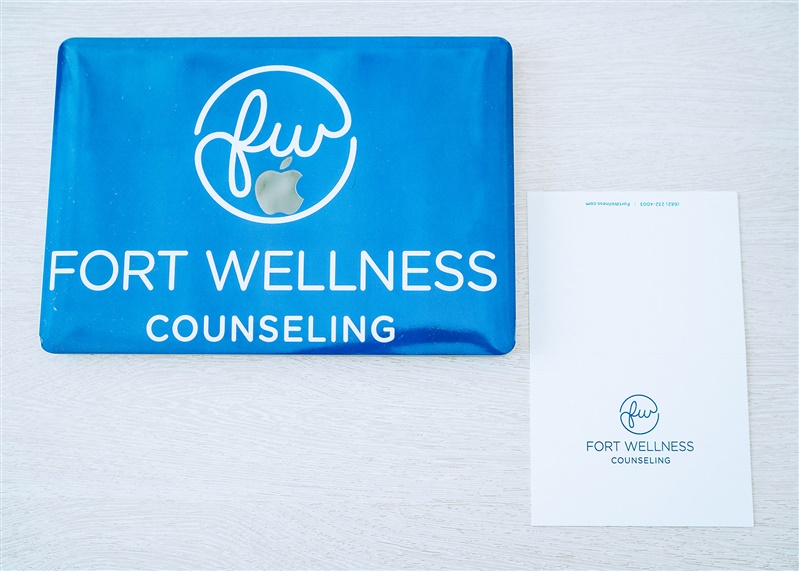
The Benefits of Virtual Therapy in Texas By: Rane Wallace, MS, LPC, LCDC, SAP Technology is changing everything, and healthcare is no different! Thanks to

How to Get Over a Breakup By: Rane Wallace, MS, LPC, LCDC, SAP Breaking up with a romantic partner is painful – no matter the reason

How to Set New Year’s Resolutions By: Rane Wallace, MS, LPC, LCDC, SAP How to Set New Year’s Resolutions Setting goals gives us a sense
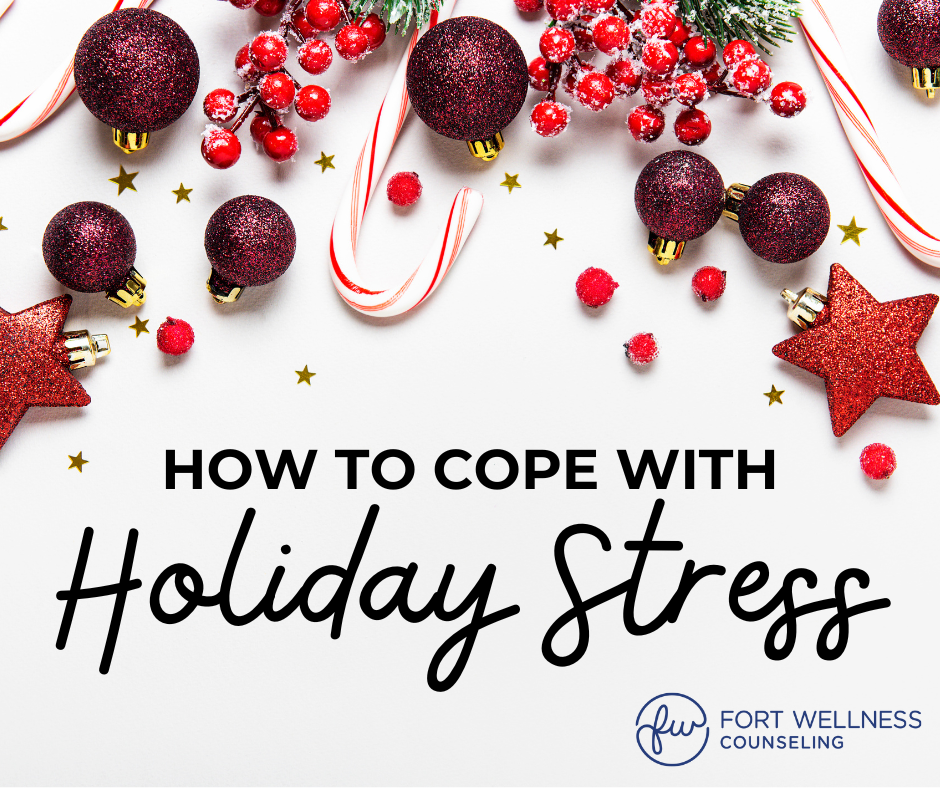
How to Cope with Holiday Stress By: Rane Wallace, MS, LPC, LCDC, SAP Say No to Prevent Burnout There are an abundance of obligations that

Trauma Therapy in Fort Worth: Types, Benefits & More By: Rane Wallace, MS, LPC, LCDC, SAP Believe it or not, an estimated 60% of men

How to Communicate Better in Relationships By: Rane Wallace, MS, LPC, LCDC, SAP Whether with coworkers or your significant other, the ability to communicate effectively

How to Prevent Seasonal Affective Disorder (SAD) By: Rane Wallace, MS, LPC, LCDC, SAP If you’re struggling with winter blues, know you’re not alone. SAD

What is a Functioning Alcoholic? By: Rane Wallace, MS, LPC, LCDC, SAP When someone is deemed a ‘high-functioning alcoholic,’ they’re able to carry out daily

How to Help Yourself – And Others – with Suicidal Ideation By: Rane Wallace, MS, LPC, LCDC, SAP September is Suicide Awareness Month. And while

32 Questions to Strengthen Your Relationship By: Rane Wallace, MS, LPC, LCDC, SAP When was the last time you had a meaningful conversation with your

The Fawn Response: How Trauma Can Lead to People Pleasing By: Rane Wallace, MS, LPC, LCDC, SAP Do you often find yourself putting the needs

How to Overcome ‘Hangxiety’ (Post-Drinking Anxiety) By: Rane Wallace, MS, LPC, LCDC, SAP Thought the consequences of drinking heavily were merely physical? Unfortunately, you’ll have

What is Box Breathing? Plus Tips for Beginners By: Rane Wallace, MS, LPC, LCDC, SAP Ever heard of box breathing? This popular relaxation technique involves

Do Mindfulness Exercises for Anxiety Work? By: Rane Wallace, MS, LPC, LCDC, SAP Do mindfulness exercises for anxiety work? If you (or people in your

What is Trauma Bonding? 4 Warning Signs By: Rane Wallace, MS, LPC, LCDC, SAP If you’ve ever been in an abusive relationship and felt bonded

Why Do We Cry? 4 Reasons and Crying Benefits By: Rane Wallace, MS, LPC, LCDC, SAP There’s no getting around it – crying is part

What Is Habit Stacking? (And How to Do It) By: Rane Wallace, MS, LPC, LCDC, SAP Supporting our mental health is one of those goals

5 Tips for Living with Someone with OCD By: Rane Wallace, MS, LPC, LCDC, SAP While living with OCD (obsessive-compulsive disorder) can be demanding, living

What is Assertive Communication? By: Rane Wallace, MS, LPC, LCDC, SAP So, what is assertive communication? Well, in a nutshell, this communication style aims to

PTSD Counseling in Fort Worth: Proven Coping Strategies By: Rane Wallace, MS, LPC, LCDC, SAP For those who didn’t already know, post-traumatic stress disorder (PTSD)

Brainspotting vs. EMDR: What’s the Difference? By: Rane Wallace, MS, LPC, LCDC, SAP According to the National Council for Mental Wellbeing, 70% of American adults
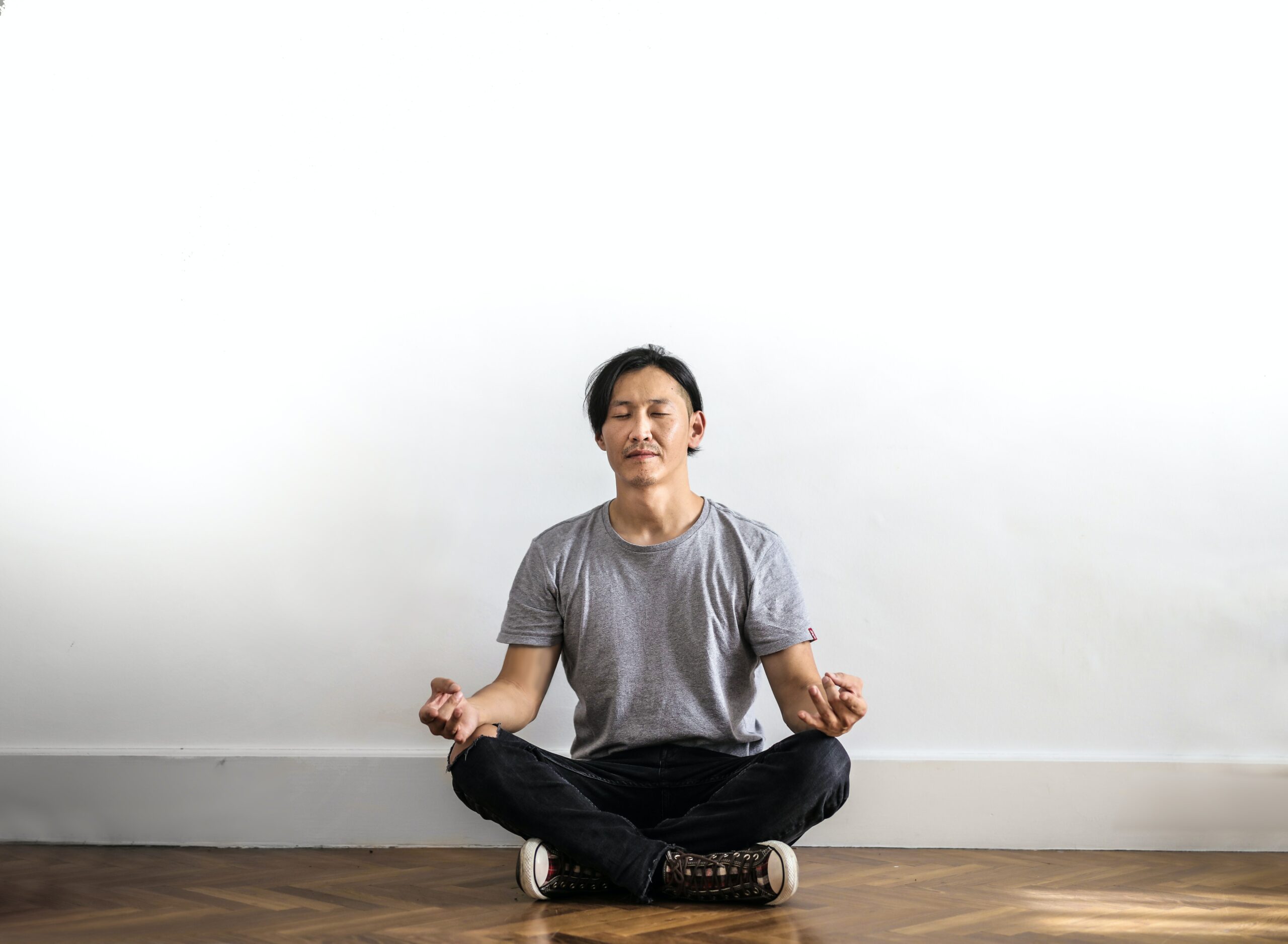
Mindfulness Exercises to Strengthen Your Recovery By: Rane Wallace, MS, LPC, LCDC, SAP Are you recovering from alcohol and/or substance abuse? Self-improvement is a life-long

How to Find a Counselor in Fort Worth By: Rane Wallace, MS, LPC, LCDC, SAP Are you considering therapy? If so, finding a counselor in

How To Not Be Codependent In A Relationship By: Rane Wallace, MS, LPC, LCDC, SAP Wondering how to not be codependent in a relationship? Sometimes

What is Parental Anxiety? Coping Tips from a Therapist By: Rane Wallace, MS, LPC, LCDC, SAP Every parent wants to shield their child from danger

What is EMDR Therapy? By: Rane Wallace, MS, LPC, LCDC, SAP Ever heard of eye movement desensitization and reprocessing therapy? More commonly known as EMDR,

8 Proven Tips to Sleep Better at Night (and Improve Your Mental Health) By: Rane Wallace, MS, LPC, LCDC, SAP Struggling with restless nights and

How to Have a Healthy Relationship with Social Media By: Rane Wallace, MS, LPC, LCDC, SAP In today’s world, there’s no escaping the presence of

What Is The Goal of Psychotherapy? By: Rane Wallace, MS, LPC, LCDC, SAP Have you been considering psychotherapy? The start of a new year is

What is Brainspotting Therapy? By: Rane Wallace, MS, LPC, LCDC, SAP Brainspotting therapy is a kind of alternative therapy that is gaining immense popularity in